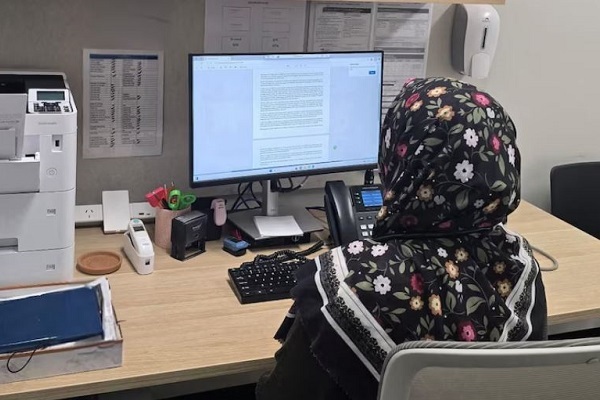Muslim Healthcare Workers in Australia Face Rising Islamophobia, Study Finds

Dr Noor Suhana Mohd still remembers the fear she felt when a patient verbally abused her during a consultation. “He said, ‘I don’t have to listen to a Muslim,’” she recalled in an interview with ABC. “I was scared. I wasn’t sure what he was going to do.”
The incident occurred during her first year as a general practitioner. Though it happened nearly a decade ago, she said the experience shook her confidence and continues to affect her mental health.
Dr Mohd’s story is not isolated. A national study conducted in 2024 by a coalition of Australian universities and the Australian Islamic Medical Association surveyed 358 healthcare workers—85% of them Muslim, and most from culturally and linguistically diverse (CALD) backgrounds. The findings revealed widespread experiences of religious and racial discrimination in medical settings.
Read More:
“This research clearly shows that Islamophobia and discrimination are experienced by healthcare workers regardless of their faith or background,” said Professor Muhammad Aziz Rahman of Federation University Australia. “But Muslims, especially from CALD communities, are disproportionately impacted, and their well-being is at stake.”
The study found that Muslim women in particular face “additional layers of discrimination related to gender, religious identity, and physical appearance.” Dr Mohd, who now serves as vice president of the Australian Islamic Medical Association, said the findings reflect a deeper problem: “I face assumptions about my skills and my right to be in the room.”
Read More:
The association warned that ongoing discrimination may push Muslim professionals out of the workforce, especially in underserved regions. “If we lose these dedicated professionals to burnout or disengagement, patients in remote communities will suffer most,” said paediatric endocrinologist Associate Professor Justin Brown.
The report calls for urgent systemic reform and greater mental health support for affected professionals.
Source: Agencies



